Interview with Anne Miltenburg: How Her New Branding For Good Guide Can Help Your Business

Exclusive interview with impact branding expert and founder of The Brandling, Anne Miltenburg. Subscribe to this show on iTunes | Stitcher | Soundcloud Anne Miltenburg is a branding for social change expert. We have interviewed her a couple times now because we love her work and she has a lot to offer you in the area of […]
Interview with Jarie Bolander: What it Takes to Build a More Ethical & Inclusive Entrepreneur Community
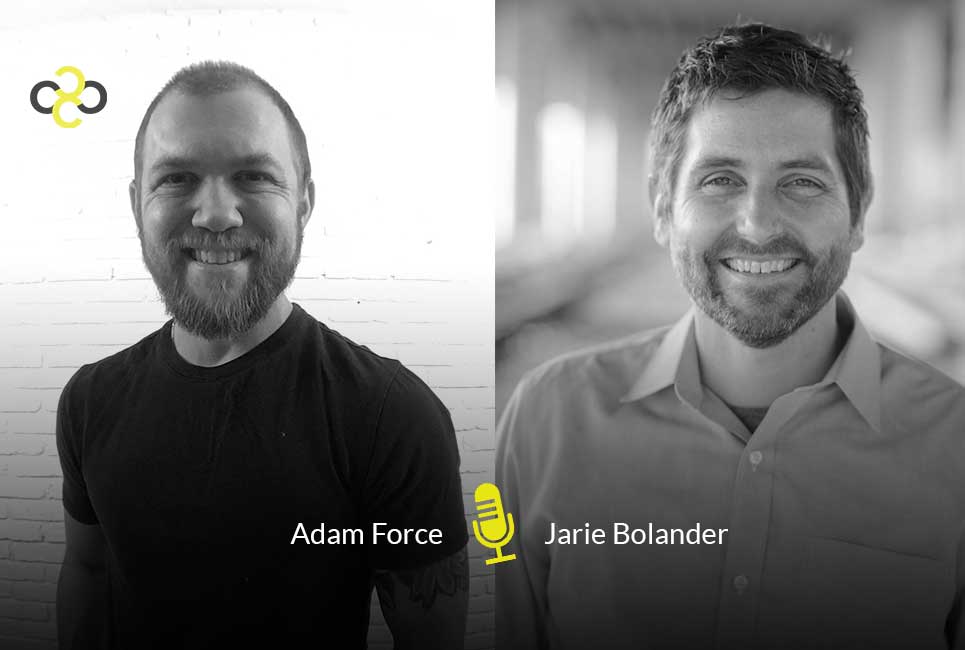
Exclusive interview with entrepreneur and author, Jarie Bolander. Subscribe to this show on iTunes | Stitcher | Soundcloud Bolander is an engineer by training and an entrepreneur with over 20 years of bringing innovative solutions to market such as Bluetooth, USB, RFID and Semiconductor DNA sequencing. He is currently the co-founder and COO of Lab Sensor Solutions, […]
How Can Your Business Help Create a More Inclusive Economy? (Interview with Ovenly)
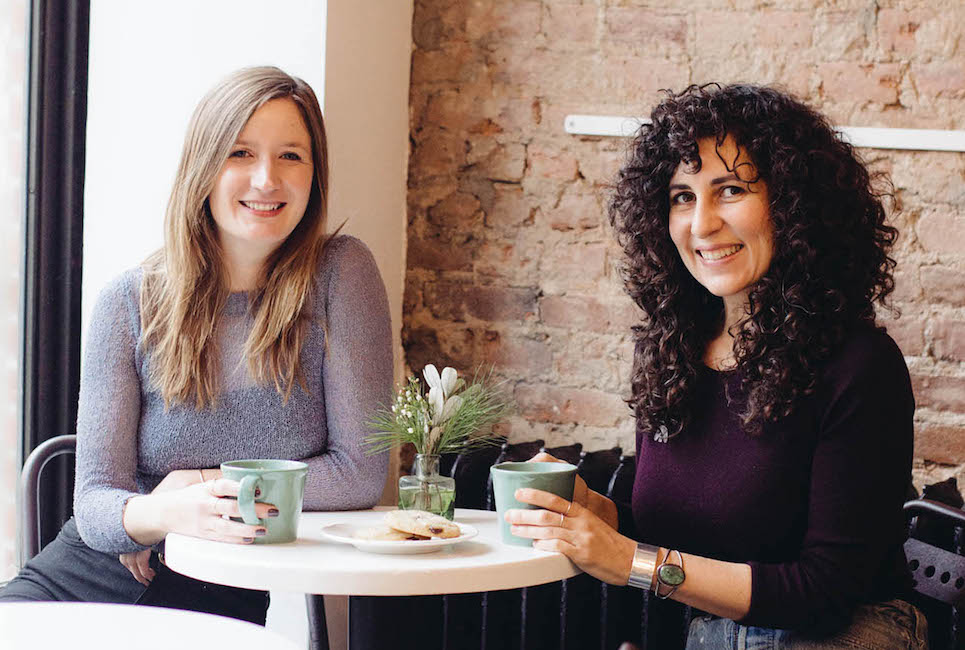
This article originally appeared on B The Change. Ovenly, a New York City retail and wholesale bakery business was founded in 2010 by two female entrepreneurs. The company “scales profit and business to create progressive social change,” putting a high premium on social responsibility, such as through its open-hiring policy. Customers come to Ovenly for […]
What You Need to Know About Data For Bigger Social Impact
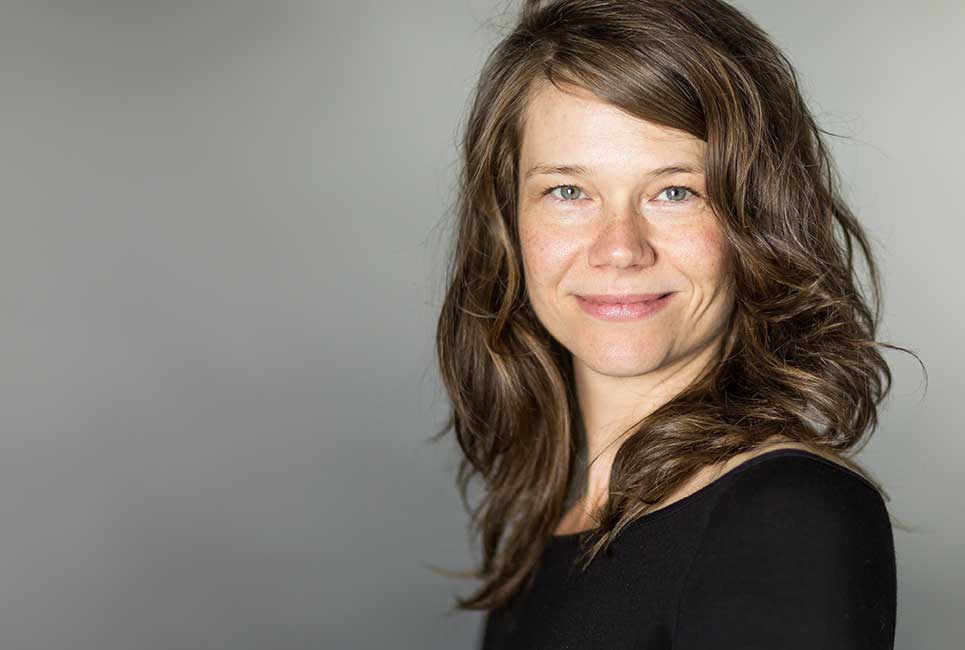
Exclusive interview with the founder of Impact Mapper, Alexandra Pittman Subscribe to this show on iTunes | Stitcher | Soundcloud Data, data, data. It’s said to be the new currency. What is it telling you? How are you tracking it? Does it matter? We are becoming a world inundated by data and yes it matters…a lot. The insights […]
Interview with Daniel Levine: Exploring Future Trends That Every Entrepreneur Should Know

Exclusive interview with trends expert, Daniel Levine. Subscribe to this show on iTunes | Stitcher | Soundcloud When you’re an entrepreneur or any kind of business leader you need to stay ahead by knowing the trends in your space. What are the behavioral trends? What are the tech trends? Daniel Levine is the Bruce Lee of trends […]
Interview with Rick Alexander: Everything You Need to Know About Benefit Corporations and Legal Structures
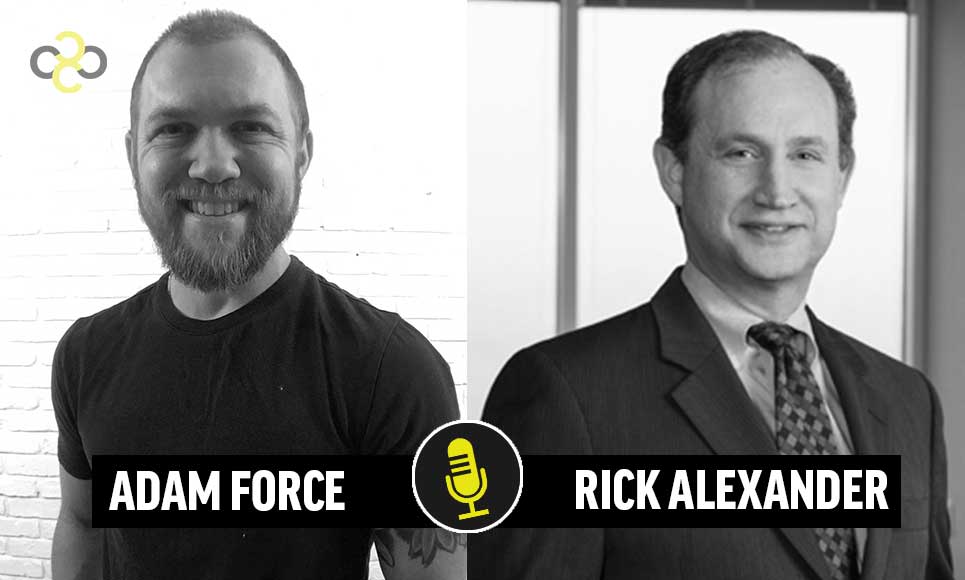
Exclusive interview with the head of Legal Policy at B Lab, Rick Alexander. Subscribe to this show on iTunes | Stitcher | Soundcloud In this interview we talk with the head of Legal Policy at B Lab, Rick Alexander. This is such an important discussion as we all need to understand how to approach legal structures for […]
Interview with Michael Berean: Getting Started and Breaking Through Market Saturation
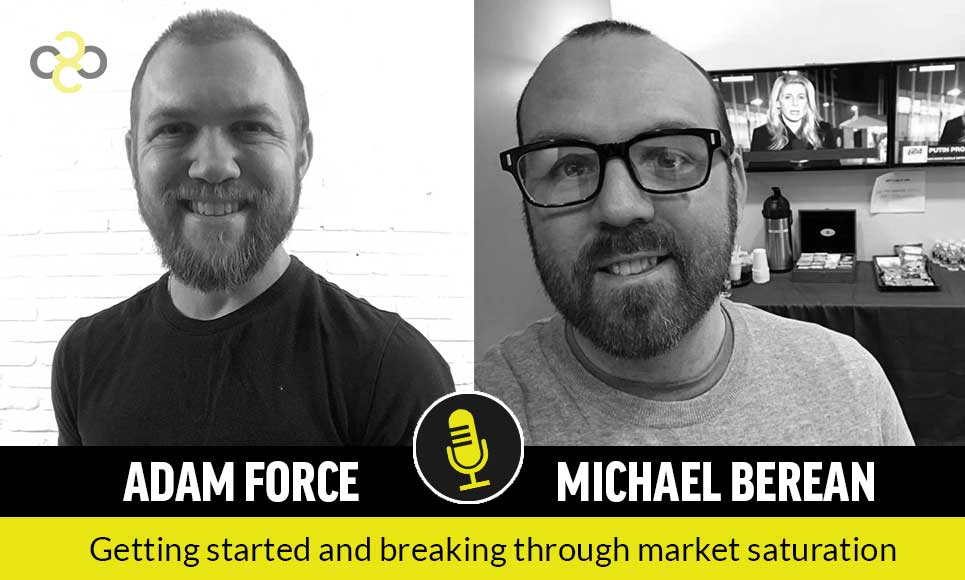
Exclusive interview with the founder of Grace Innovation, Michael Berean. Subscribe to this show on iTunes | Stitcher | Soundcloud In this interview we talk with the CEO of Grace Innvoation, Michael Berean, to learn how he started his business and what it takes today to get noticed in a saturated market. At Grace Innovation they help […]
Interview with Rachel Renock: How Wethos Raised $1M to Fund a Nonprofit Revolution!
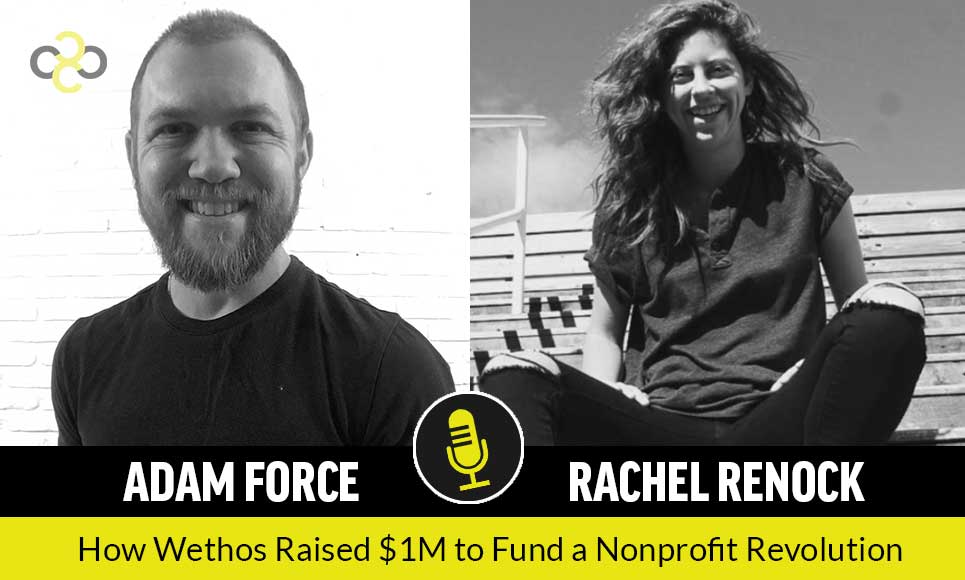
Exclusive interview with the founder of Wethos, Rachel Renock. Subscribe to this show on iTunes | Stitcher | Soundcloud What if you could work for yourself as a freelancer helping companies that have a social impact mission? Well, thanks to Wethos, now you can! In 2016, Rachel Renock start the company to build a platform that connect […]
How Media Empire Bustle Is Empowering Women
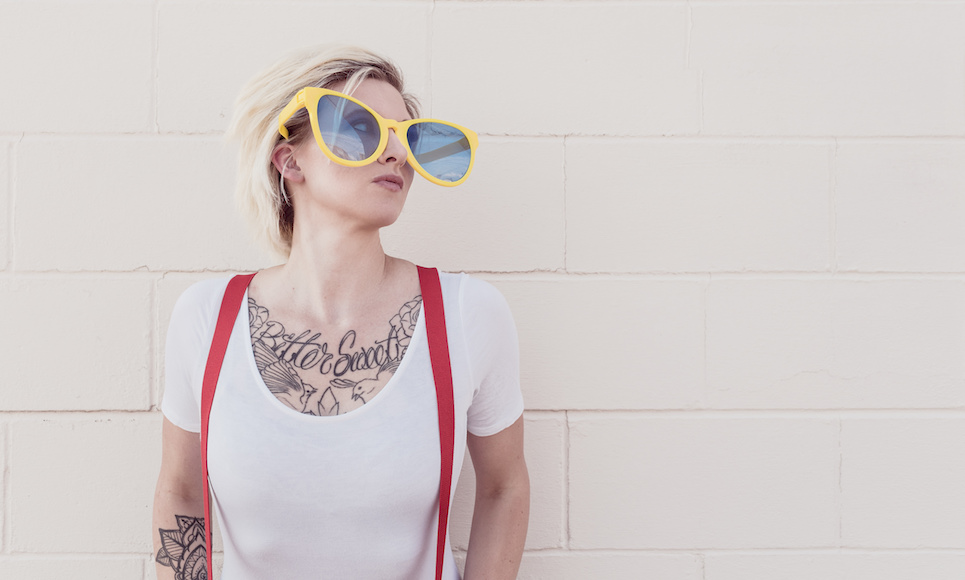
The world rotates on its axis by the power of stories. Words, and the connection they foster, can annihilate loneliness, cure trauma, and even diffuse oppression. When Martin Luther King penned his dream, he did so through the language of intimacy and compassion—two of the most powerful drivers for change. When Lincoln pleaded for equality, […]
Interview with Kelly Campbell: How She Sold Her Second Company and Created a New Meaningful Business She Loves
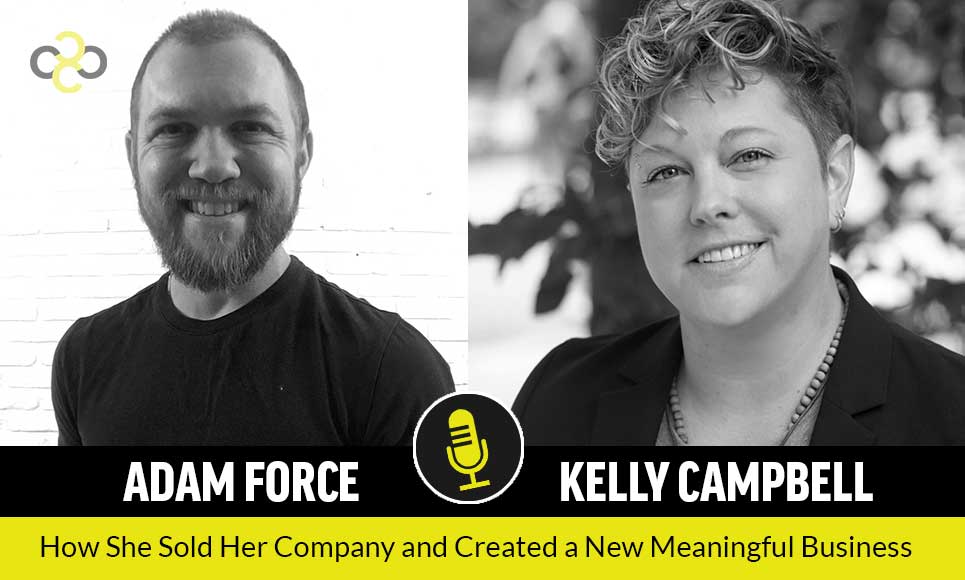
Exclusive interview the founder of Digital Web Consulting. Subscribe to this show on iTunes | Stitcher | Soundcloud In this interview we talk with the founder of Digital Web Consulting about her experience building an agency and how she transformed her life path. Before establishing Digital Web Consulting, Campbell founded a web development and digital marketing agency […]
Interview with Kenny Ewan: How Wefarm Built The World’s Largest Farmer-to-Farmer Network
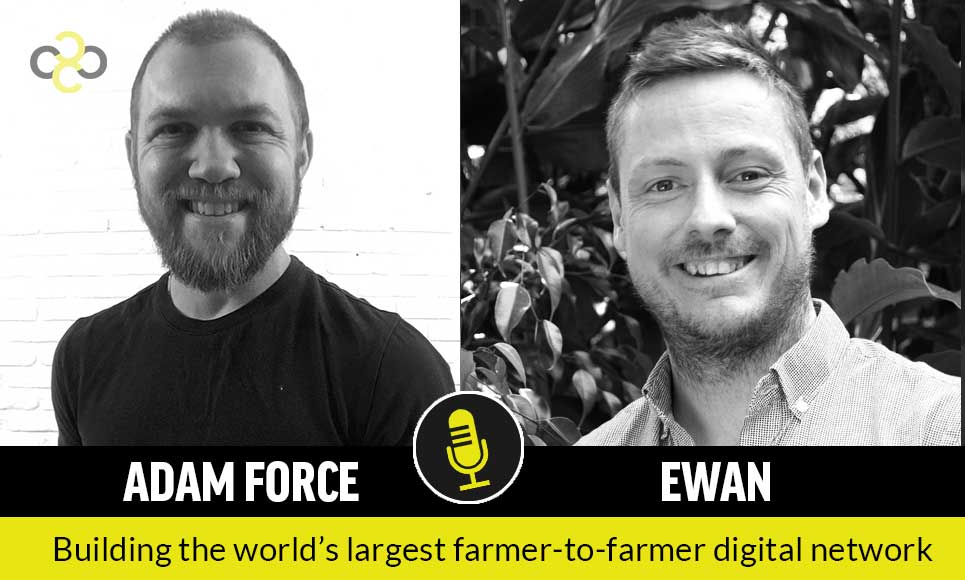
Exclusive interview the founder and CEO of Wefarm. Subscribe to this show on iTunes | Stitcher | Soundcloud In this interview talk with Kenny Ewan who is the CEO and founder of Wefarm to discuss how they built their huge farmer-to-farmer SMS network and raised substantial funding. There are 500 million smallholder farmers in the world, most […]
Interview with Kathleen Janus: Secrets to Scaling Your Social Venture to Over $2 Million

Exclusive interview with award-winning social entrepreneur and author, Kathleen K. Janus. Subscribe to this show on iTunes | Stitcher | Soundcloud In this exciting interview, we talk about scaling your social venture over $2 million with Kathleen Kelly Janus who is an award-winning social entrepreneur, lawyer, and lecturer at Stanford University, where she teaches social entrepreneurship. She […]
Interview with Ryan Foland: How Mastering Communication Can Change Your Life
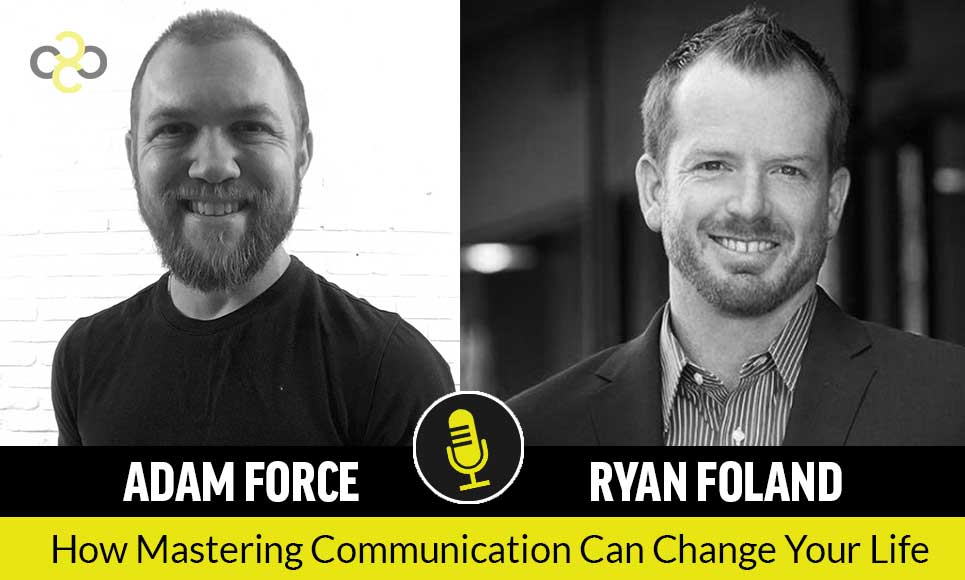
Exclusive interview with communication master, Ryan Foland. Subscribe to this show on iTunes | Stitcher | Soundcloud Ryan Foland is a master of communication who’s creating change one word at a time. In this interview we discuss the power of good communication and some tips that will help you get to the next level. Some of the […]
Guy Kawasaki: Secrets to Startup Success
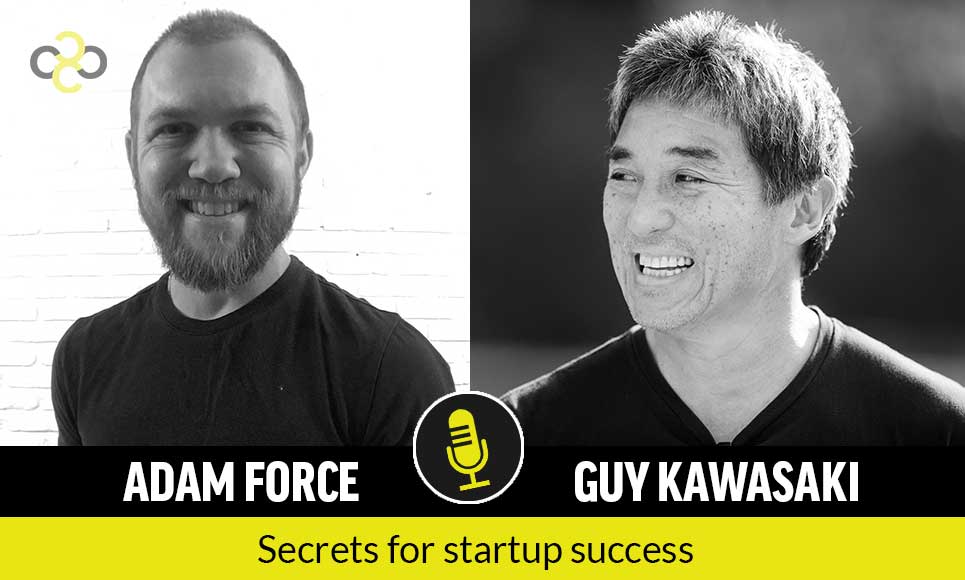
Exclusive interview with the Guy Kawasaki. Subscribe to this show on iTunes | Stitcher | Soundcloud Guy Kawasaki is a Silicon Valley name that needs no introduction. Kawasaki is the chief evangelist of Canva, an online graphic design tool. He is a brand ambassador for Mercedes-Benz and an executive fellow of the Haas School of Business (UC Berkeley). He was the chief evangelist […]
Russell Brunson: How to Build a Loyal Audience and Fund Yourself
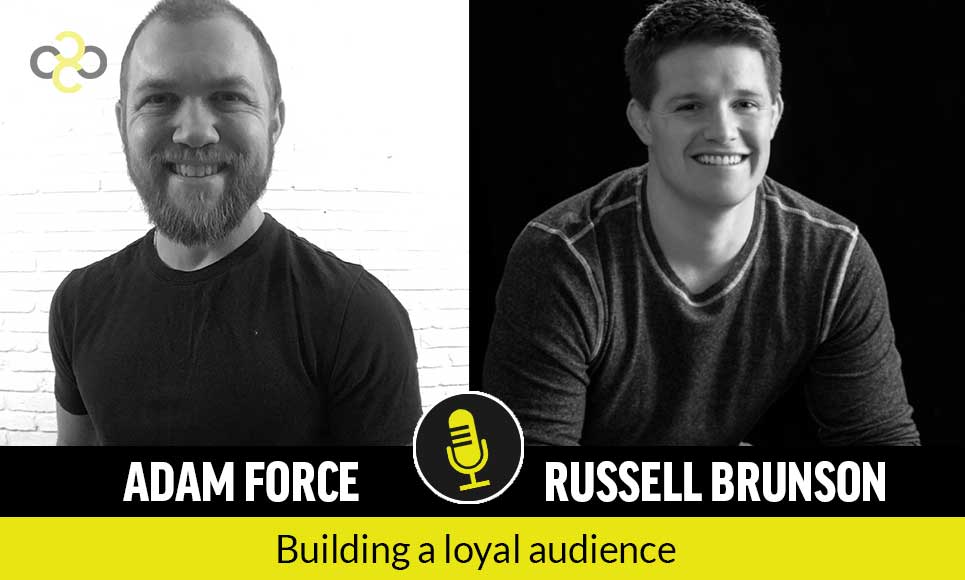
Exclusive interview with the founder of Click Funnels, Russel Brunson. Subscribe to this show on iTunes | Stitcher | Soundcloud In this interview we talk with marketing superstar and founder of Click Funnels, Russell Brunson. He explains how he builds businesses that are funded by his audience Our last question brings up his travel to Kenya where […]
How Moeloco’s Social Good Impact Model Helps Children Get School Shoes
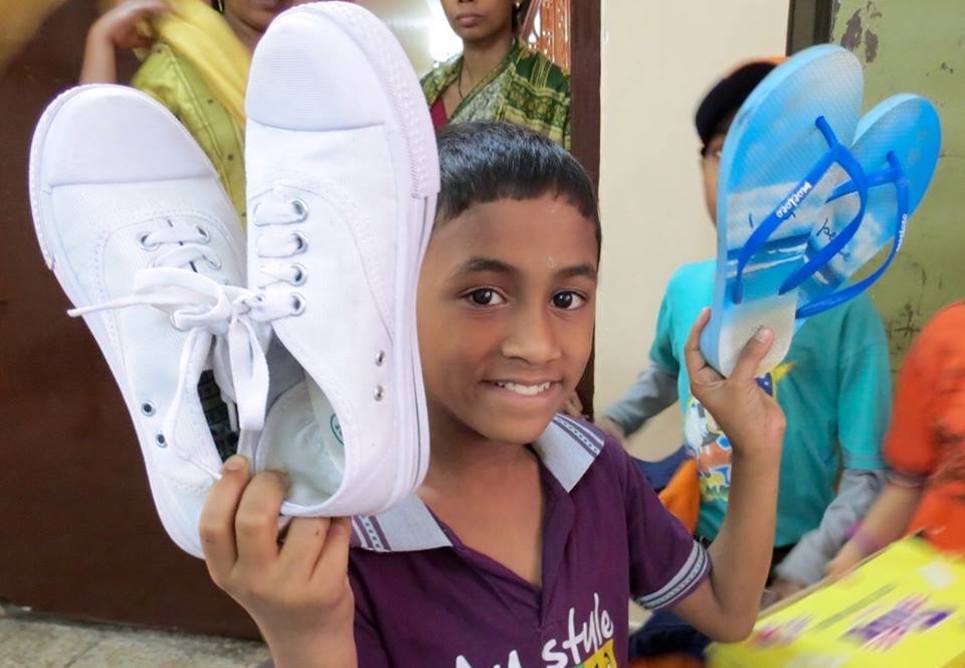
Exclusive interview with the founder of Moeloco, Kathy Wong. Subscribe to this show on iTunes | Stitcher | Soundcloud In this interview we speak with founder of Moeloco, Kathy Wong, about her retail business and it’s mission to support children with school shoes. We break down what gave her the idea, how she created the […]
How the KIND Foundation is Connecting Youth, Spreading Kindness and Creating Future Social Entrepreneurs
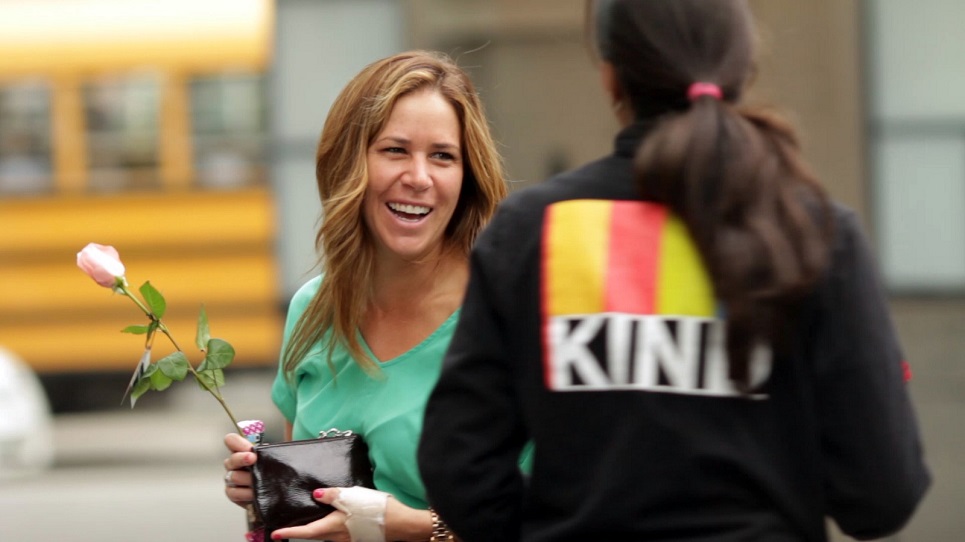
Today the KIND Foundation announces its biggest bet yet — a $20MM multi-year commitment to connect one million students through an initiative called Empatico! The name, which connotes empathy, underscores the importance of the so-called “soft skills,” which are increasingly critical to success in a divided country and interconnected world. We are so proud of […]
How This Perfume Company’s Impact Model Helps Women

Exclusive interview with the co-founder of DIVONA, Kayte Torreao da Costa. Subscribe to this show on iTunes | Stitcher | Soundcloud Kayte Torreao da Costa and Mylene Paquin didn’t want to create just another perfume company – they dreamed of creating a perfume company with a purpose. One that supports the issues that many women […]
The Journey to Creating 1 Million New Change Creators (Interview)

In this interview Tony Loyd talks with the Change Creator team about their journey towards creating 1 million new Change Creators.
How Maggie Doyne Turned Her Compassion Into a Social Enterprise

How did Maggie Doyne go from a teenager with a backpack to building a successful foundation and beacon of hope for the children and women of Kopila Valley? By planting a seed at the source of the problem and growing deep roots within the community.
How to Create a Book and Succeed in Crowdfunding: Tony Loyd (Interview)

In this interview we have Tony Loyd back for round two to discuss how he succeeded in crowdfunding a new radio show and developed a book all at the same time.
The Secrets Behind the Survive and Thrive Purpose Driven Conference
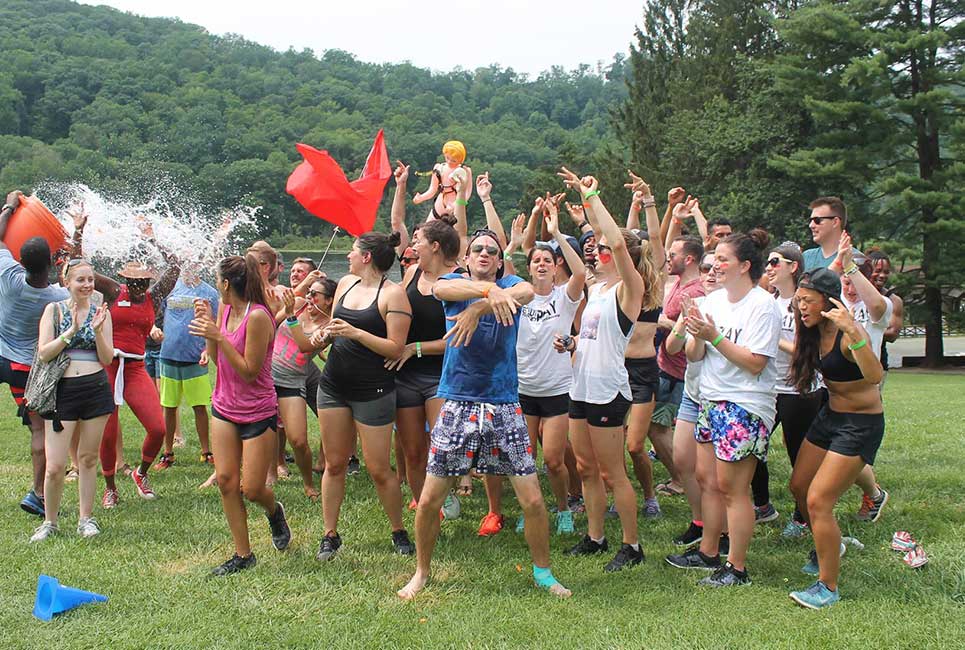
In this interview we talk with the 3 founders of Survive and Thrive to uncover why they decided to create this purpose driven conference and how they’re doing it. With support from the likes of Kevin Harrington, the original Shark and Daymond John, this unique conference is worth checking out.
The Best Lessons For Growth from HubSpot Marketing Fellow That You’ll Love

Sam Mallikarjunan (Mall eh car jew non) is a Marketing Fellow at HubSpot and former Head of Growth at HubSpot Labs, the some- what-secret experimental arm of the world’s #1 Sales & Marketing platform. Sam teaches Advanced Digital Marketing at the Harvard
Division of Continuing Education, and is the co-author of the book “How To Sell Better Than Amazon”.
If you like flip flops than here’s how you can change a life buying a pair

In this interview we talk with Shark Tank stars, Lee and Griff, the founders of Combat Flip Flops, to learn how they started their business and their model for helping Afghan children get education.
Marketing Secrets for Scaling Your Online Business with Aaron Agius

In this interview we speak with Aaron about his incredible marketing experience working with startups and major companies like IBM.
Helping Communities Design and Launch Social Impact Projects with Sasha Fisher
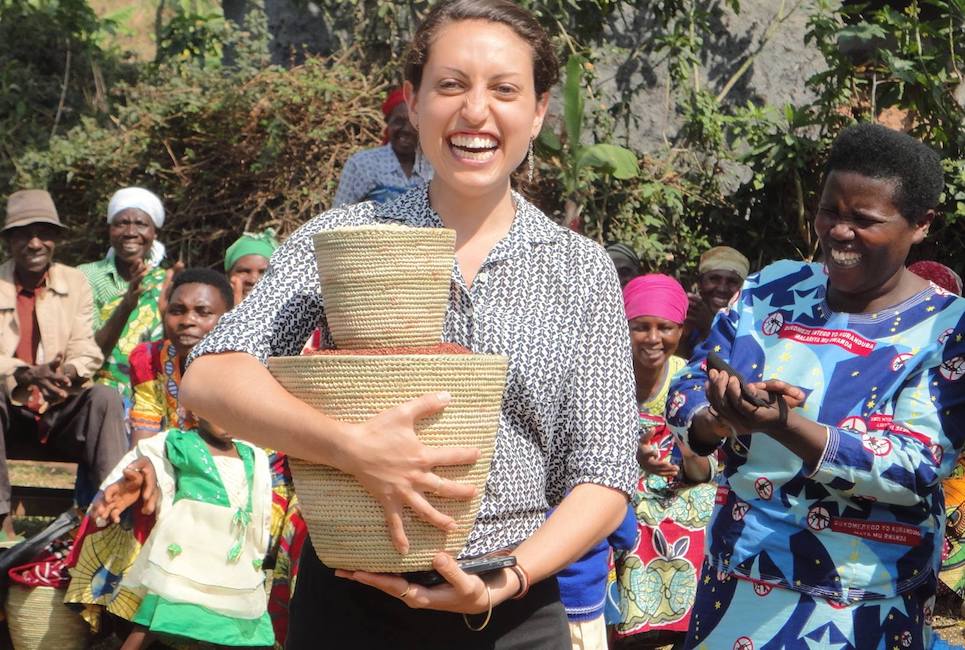
In this episode we speak with the co-founder of Spark Microgrants, Sasha Fisher, about their successful approach to helping communities design and launch their own social impact projects.
How Envirofit Provides Cookstoves For People Around The World
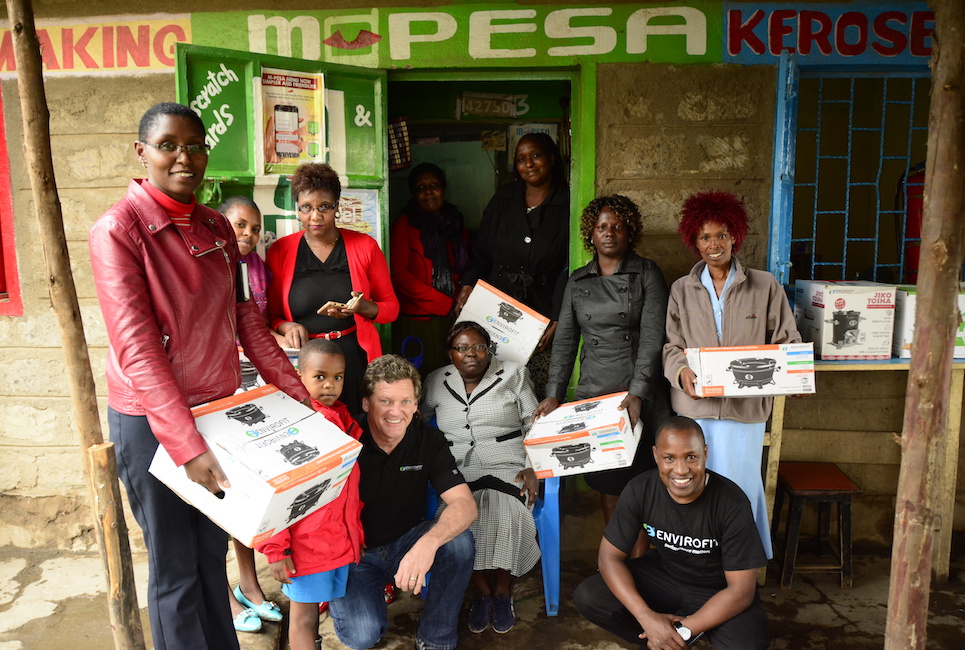
Exclusive interview with award winning social entrepreneur, Ron Bills. Subscribe to this show on iTunes | Stitcher | Soundcloud Ron Bills is an incredibly smart guy that’s easy to talk with and is full of insights. In this exclusive interview, we talk with Bills about how he built, Envirofit, the incredible impact they are creating […]
How to Overcome Life Challenges and Pursue Your Mission

In this special interview we talk to Iffit Qureshi who was deeply impacted by the terrorist attacks that took place in Oslo, Norway, in addition to life events that would have caused most people to quit. Learn how she overcame her challenges and is now pursuing her mission in life.
How H2GO is Reducing The Cost of Renewable Energy for Millions of People

Exclusive interview with social entrepreneur, Dr. Enass Abo-Hamed, founder of H2GO. Subscribe to this show on iTunes | Stitcher | Soundcloud Enass Abo-Hamed is a PhD in chemistry who was working on a project storing hydrogen gas, developed an invention, and was unsure what she should do with it. But what was it? In the lab she created […]
What it Takes to Build a Globally Recognized Media Platform
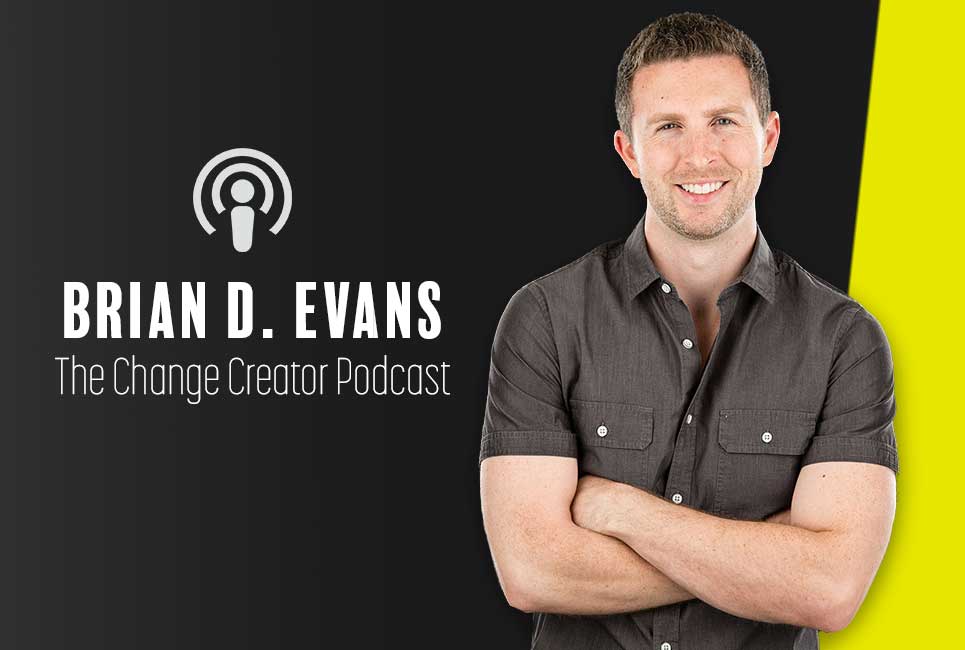
Inc 500 Entrepreneur and founder of Influencive.com, Brian D. Evans, shares his powerful strategies for building a personal brand and scaling up your blog or media platform.
Adam G. Force Talks Shop with Joel Brown about Building an Impact Business
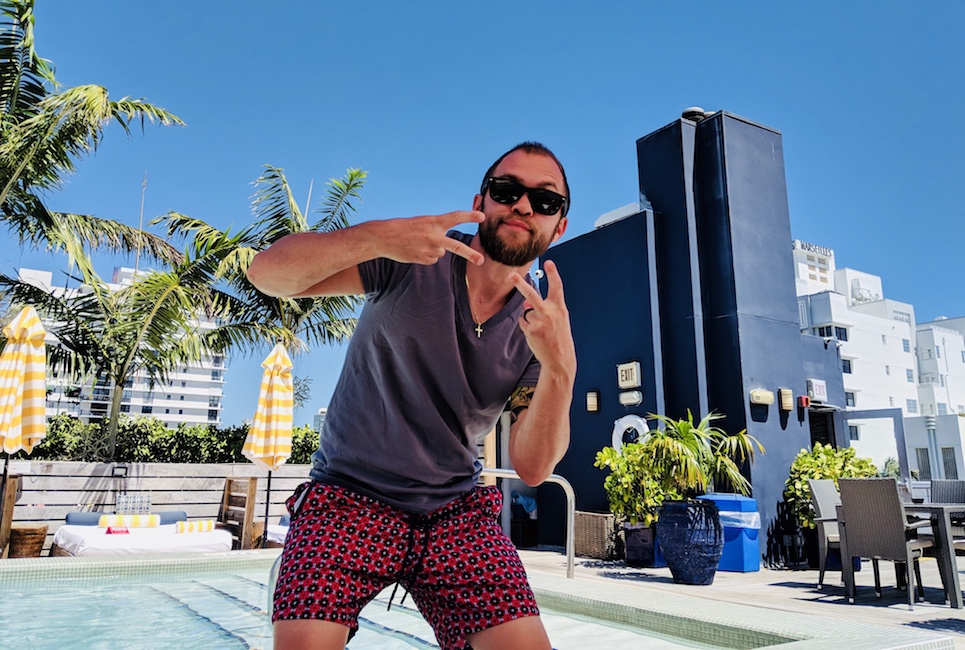
Exclusive interview with Change Creator Founder, Adam G. Force. Subscribe to this show on iTunes | Stitcher | Soundcloud It was an honor to be on Joel Brown’s famous radio show, Addicted 2 Success. He’s interviewed many of the world’s best such as Grant Cardone and Tony Robbins and is doing amazing work today. We discuss what it […]
Secrets to Building an Audience For Your Social Enterprise

Yanik Silver shares his secrets to sales, marketing and mission. What does it take to succeed with your startup and drive impact?
Why You Aren’t Growing Your Business and What To Do About It

Mike Paton is the author of the book, Get a Grip, where he talk about how leaders learned to develop and commit to a clear vision, establish focus, build discipline, and create a healthier and more cohesive team.
Using Innovative Gaming to Protect Wildlife

For many years now wildlife has been under attack and extinction rates are higher than ever before. Today, social entrepreneurs like Gautam Shah and Anne Miltenburg are using innovation to help push conservation of these important creatures.
How to Approach Growth Hacking – What You Need to Know
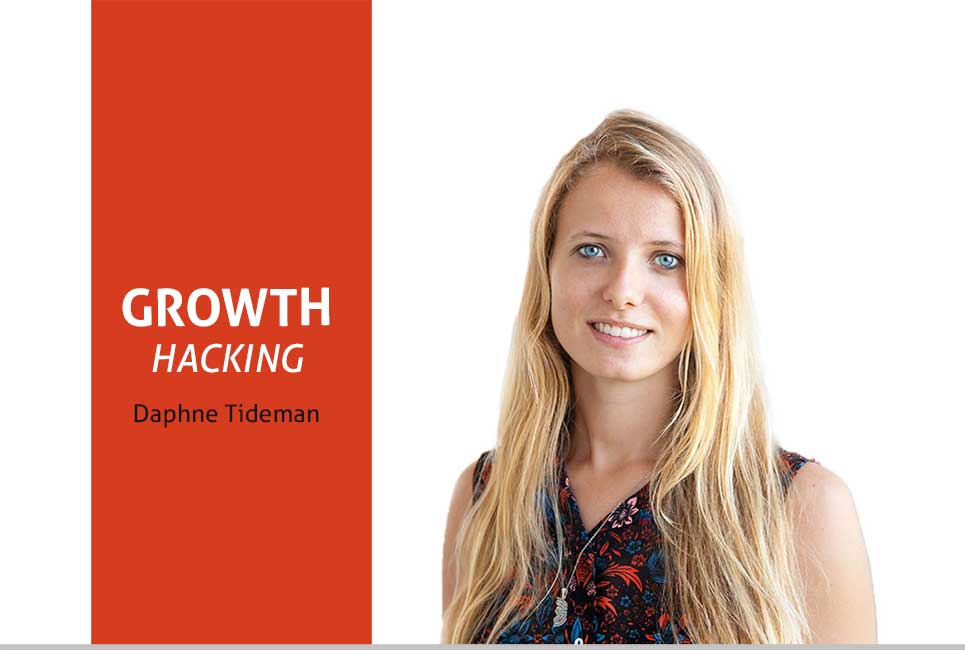
Exclusive interview with Rockboost growth hacker, Daphne Tideman. In episode 38, we chat with Daphne Tideman, who is a growth hacker from the the Netherlands.
Social Entrepreneur Alex Budak Shares Critical Crowdfunding Strategies

In this episode Alex Budak, co-founder of Start Some Good – the leading social impact crowdfunding platform – shares strategies for running a successful social impact crowdfunding campaign, what investors look for and priceless lessons from his experience.
How to Get Press with James Swanwick: Get Your Message Out There!
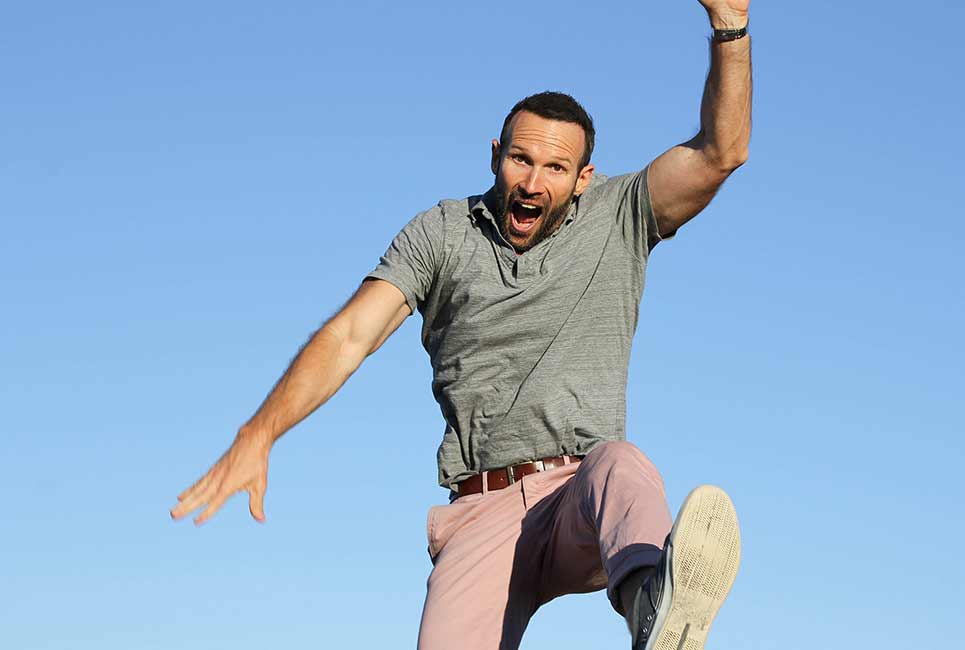
As an entrepreneur you’re going to need to build up your credibility and get the attention of media to create awareness. We reached out to James Swanwick for some help because he has incredible experience.
Building Community to Save The Elephants

The ivory trade has been devastating the African elephant population for many decades. For most of us, this issue seems too far away from home to be of any major concern.
How to Build a Sustainable Chemical-Free Food System with Tinia Pina

What does it take to create a healthy food system that is chemical free and turns waste into renewable energy? We find out from Tinia Pina. Tinia Pina is the Founder and CEO of Re-Nuble, an organics-to-energy social enterprise based in the D.C. metropolitan area.
Interview with Nick Loper: What it Takes to Go From Side-Hustle to Full Time Entrepreneur

Nick Loper is an entrepreneur involved in a variety of projects and is founder of Side Hustle Nation. In this interview Nick shares his valuable experience on the topic of side hustling to help entrepreneurs out there who are starting to explore an online business.

